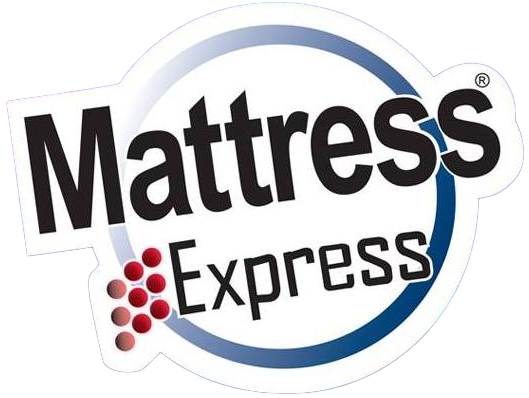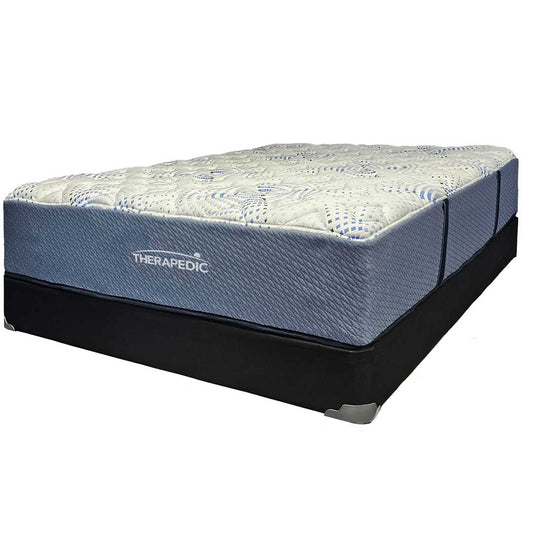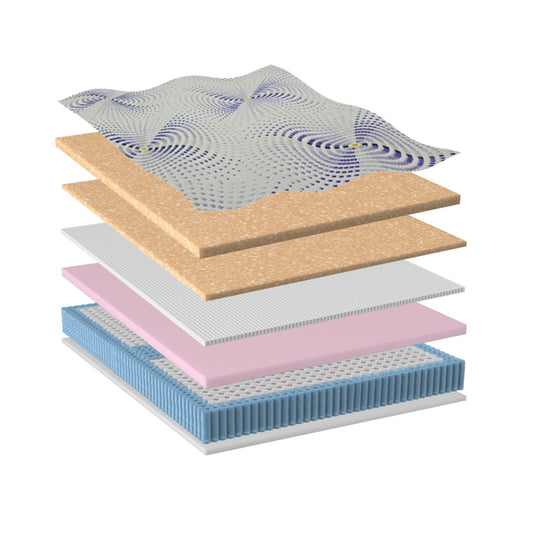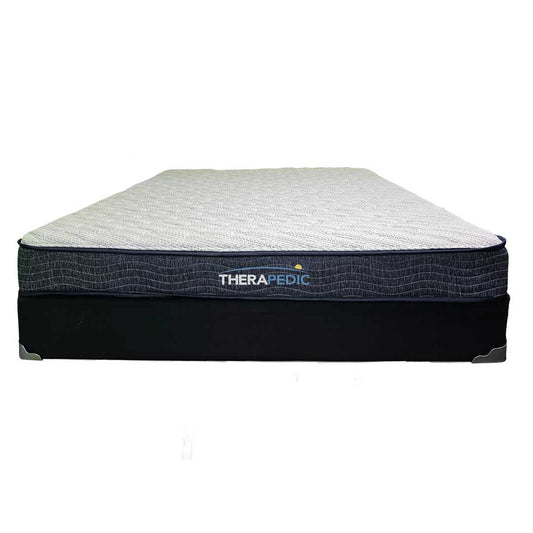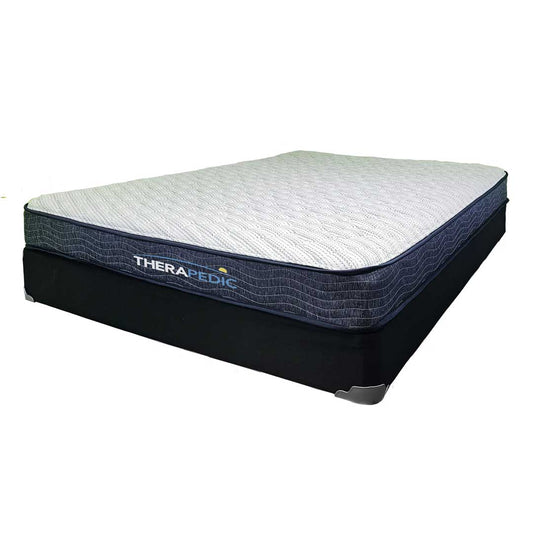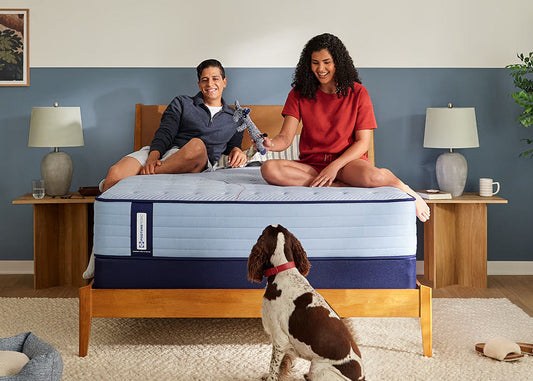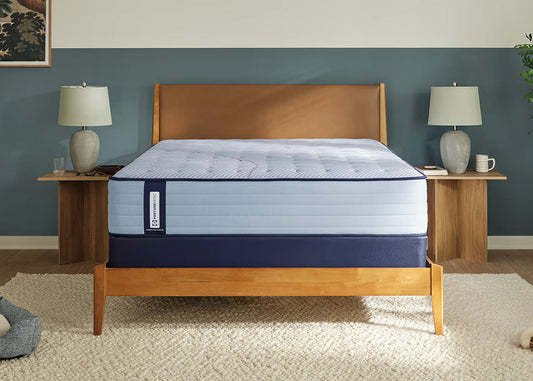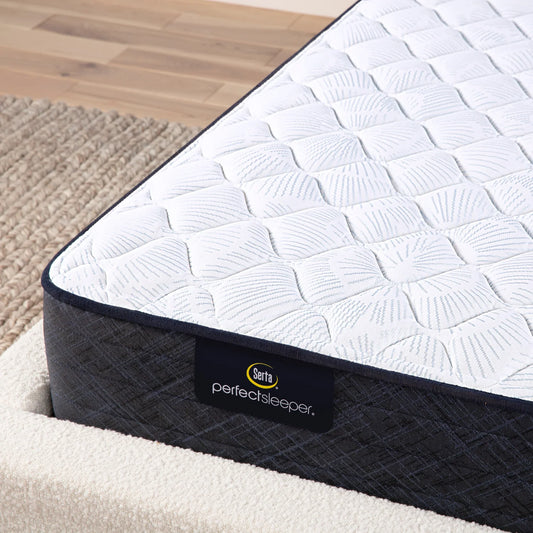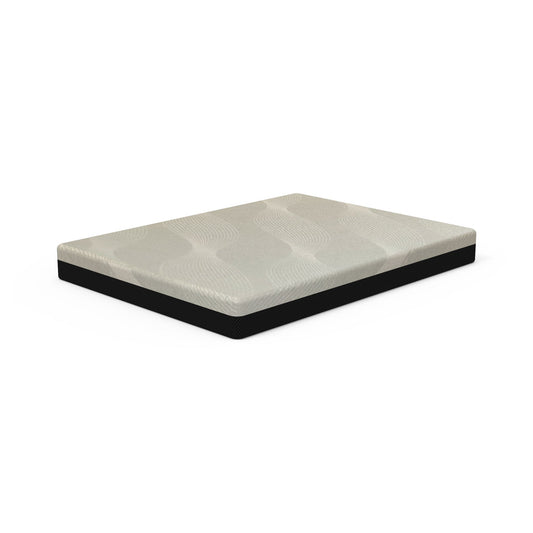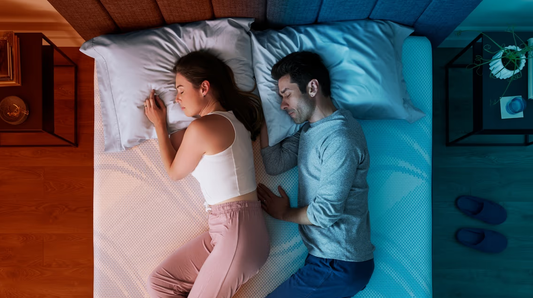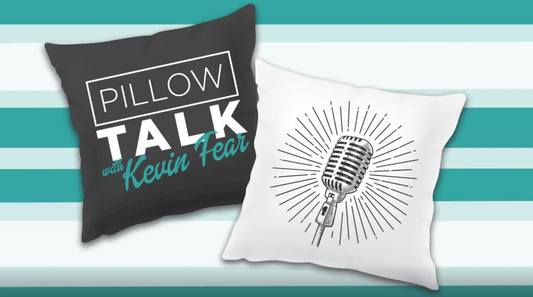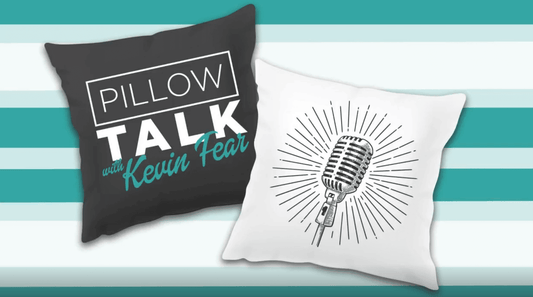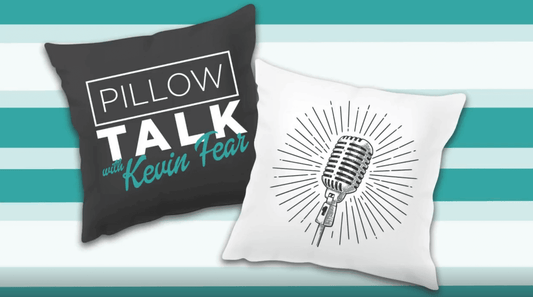Mattress Express
Mattress Superstore Located in New York

Mattress Express
2025 CNY Readers’ Choice Award Winner!
Mattress Express has been honored as a 2025 CNY Readers’ Choice Award winner, voted by locals in Central New York as a top pick for mattress and bedding excellence. Known for outstanding customer service, quality mattresses and bedding, and unbeatable value — this recognition reflects the trust and support of our community. Come experience why your neighbors voted Mattress Express the best!
Not sure which mattress is right for you?
Take our Express Comfort Quiz for instant recommendations.
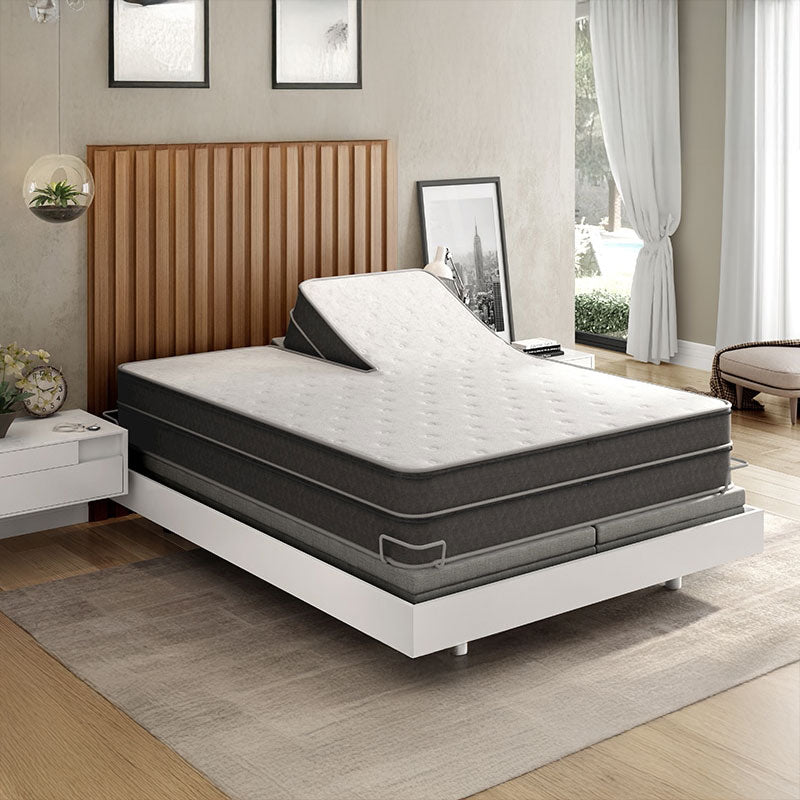
#1 Instant Comfort RETAILER IN NEW YORK
The Instant Comfort Smart Bed is Here!
Mattress Express is the exclusive retailer of Instant Comfort, Smart Bed that Changes with You! Instant Comfort adjustable beds are taking the industry by storm. Adjust each side and enjoy amazing comfort.
Upstate New York’s Most Trusted Sleep Specialists
We are 100% committed to personal, expert service in helping you find the most comfortable night’s sleep of your life – all within your budget. We have earned the trust of thousands of satisfied customers in Upstate New York and I personally invite you come visit one of our 11 mattress store locations to see for yourself how comfortable mattress shopping can be.
Verified Customer Reviews
-
Serta Perfect Day
Regular price From $179.00Regular priceUnit price / per -
Therapedic Marlin
Regular price From $1,999.99Regular priceUnit price / per -
Therapedic Berlinetta
Regular price From $249.99Regular priceUnit price / per -
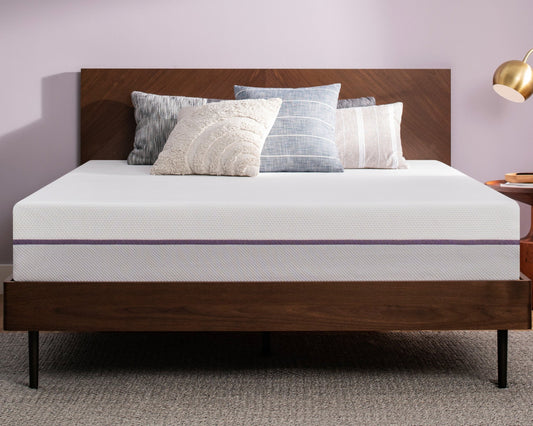
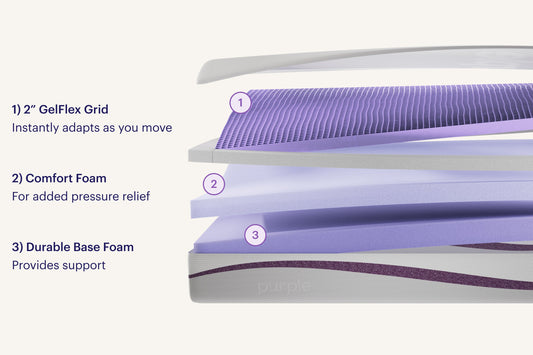 Sale
SalePurple Mattress®
Regular price From $799.00Regular priceUnit price / per$999.00Sale price From $799.00Sale -
Sealy Posturepedic® Spring
Regular price From $699.00Regular priceUnit price / per$699.00Sale price From $699.00 -
Serta Perfect Sleeper Innerspring Mattress
Regular price From $499.00Regular priceUnit price / per$499.00Sale price From $499.00 -
BedTech Gel Comfort 8" Mattress
Regular price From $299.00Regular priceUnit price / per$299.00Sale price From $299.00 -
TEMPUR-ActiveBreeze® Smart Bed
Regular price From $9,598.00Regular priceUnit price / per$9,598.00Sale price From $9,598.00
LARGEST SELECTION IN UPSTATE NEW YORK
Economy to Luxury, We've Got the Perfect Mattress for You

NO CREDIT.. NO PROBLEM!
15 Second Credit App
Good credit? How does 0% financing sound? No matter your credit we work hard for you so you can have the best sleep of your life tonight!
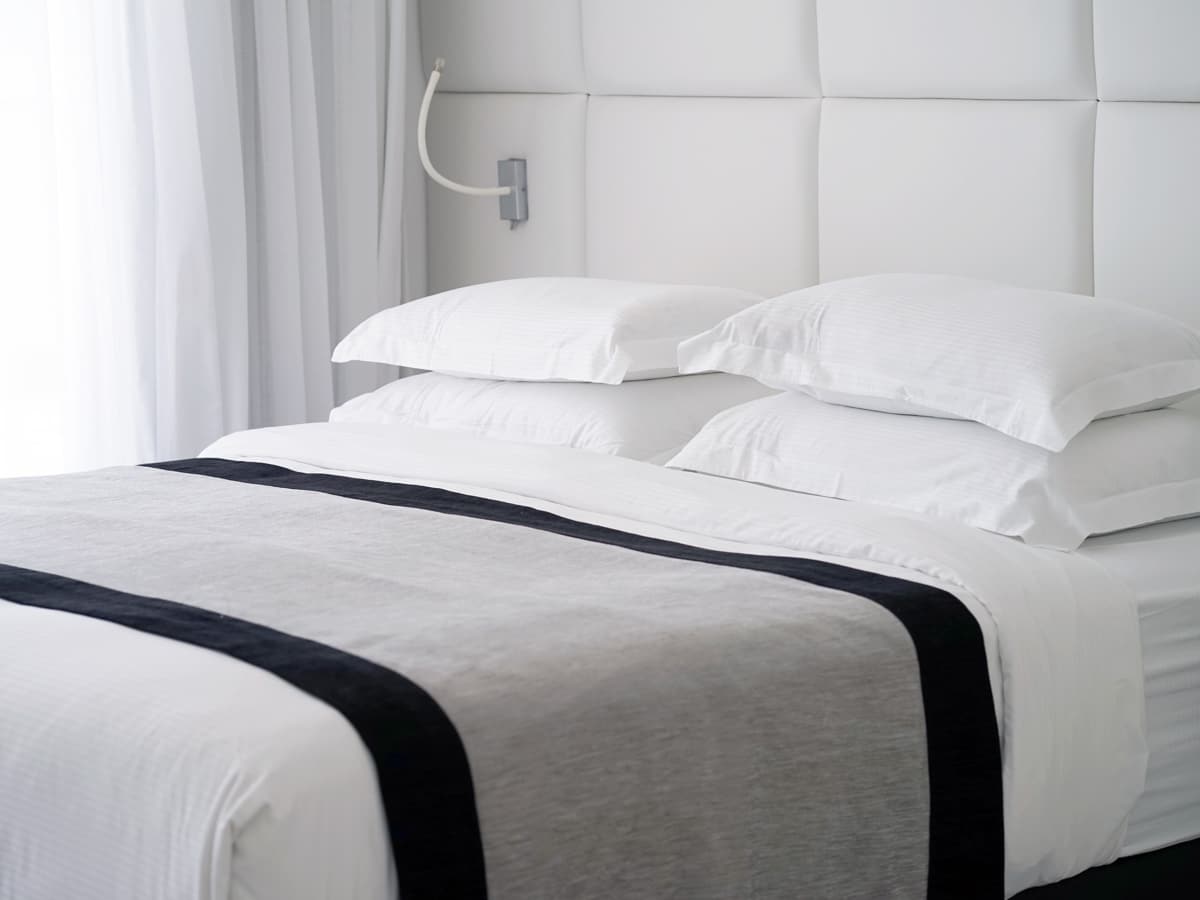
EXPERT ADVICE
We are New York's Sleep Specialists!
Your first and last stop for incredible customer service, sleep expertise and unbeatable value.
You’ll receive personal service and expert advice at every store. And with the largest selection of mattresses in Upstate New York, we can help you find the bed that is just right for you. We personally invite you to see how our Sleep Specialists can help you buy a mattress with comfort and ease.
